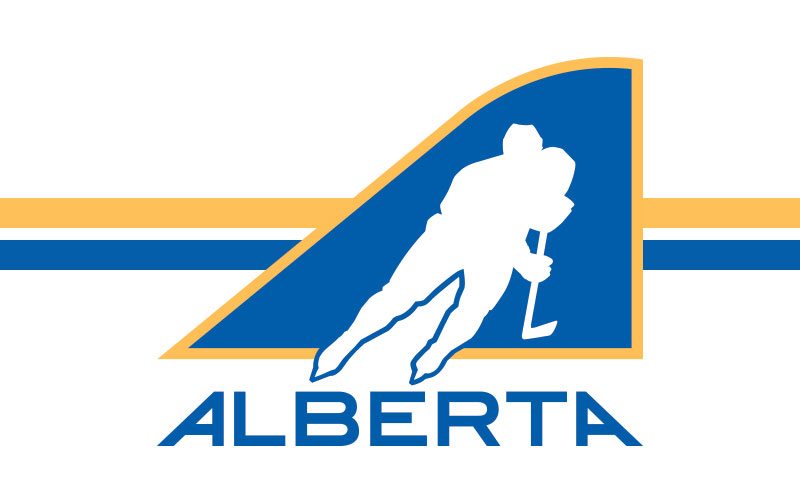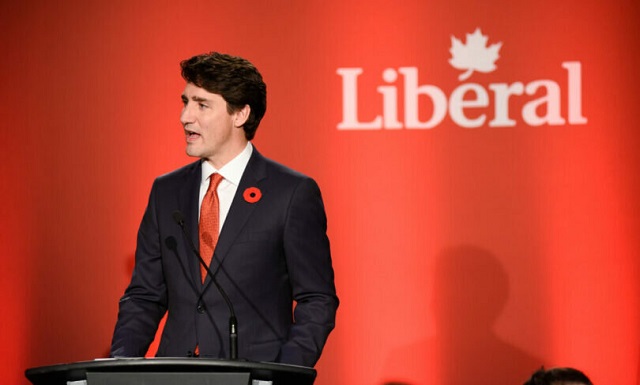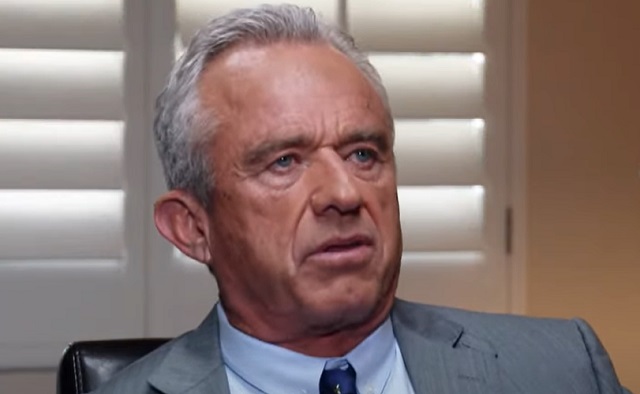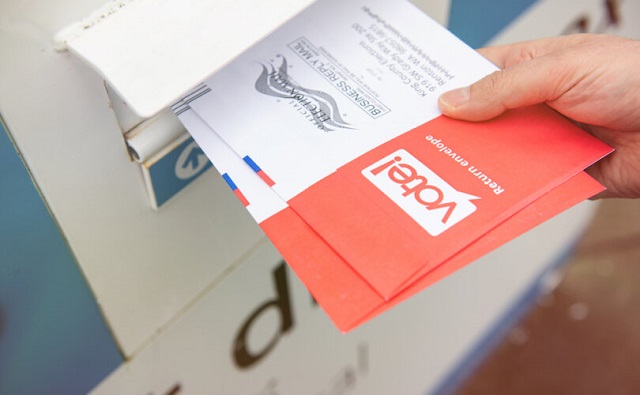Alberta
Alberta won the energy lottery

From the Frontier Centre for Public Policy
Some people blamed a small handful of natural gas plants being out of operation. Which is a greater concern – two of 87 gas fired units being down, or 88 of 88 wind and solar farms being down at the same time?
Alberta won the energy lottery millions of years ago. I’m not talking scratchers, but the Powerball. You know, the big American lottery that every so often is over a billion dollars?
Except Alberta’s winnings are much, much larger than that.
So why is it the weekend of Jan. 12-15, the jurisdiction that has more oil, gas and coal than God, because God gave all his to Alberta, was forced to beg its neighbours if they could spare a megawatt?
Because that’s what happened. It got so desperate the night of Saturday, Jan. 13, that the neighbours did not have another megawatt to spare. The Alberta Electric System Operator (AESO) and the government of Alberta sent out an emergency alert to every cellphone and TV screen in the province, calling on people to shut off everything from stoves to bathroom fans, as well as unplug block heaters and electric vehicles.
The only way this could happen is complete and utter incompetence at the top. It started with Rachel Notley, but Jason Kenney didn’t seem to do much to reverse her moves. Only Danielle Smith seems to have finally said, “No more!”
Former Alberta premier Rachel Notley’s push to get rid of coal as soon as possible and build as much wind and solar is a prime example of incompetence. While most coal plants converted to natural gas, not all units did, and hundreds of megawatts of cheap, reliable power were lost. Meanwhile, in the last two years Alberta’s wind and solar basically doubled, projects that mostly got their start under Notley. And yet there were moments during the weekend where both wind and solar hit zero output, sometimes at same time. Wind and solar’s theoretical capacity of 6,131 megawatts was a big fat zero.
And yet when Notley announced her departure as leader of the NDP on Jan. 16, she put out a video proclaiming the elimination of coal-fired power and kickstarting renewables among her greatest accomplishments.
Some people blamed a small handful of natural gas plants being out of operation. Which is a greater concern – two of 87 gas fired units being down, or 88 of 88 wind and solar farms being down at the same time, as happened the morning of Jan. 14? Indeed, the vast majority of the 87 gas units and 2 coal units were indeed providing nearly all of Alberta’s power throughout the weekend.
Those four days saw the AESO issue four “grid alerts” in a row. The second one was a much closer-run thing. As a last resort, they put all the grid-scale batteries into play, and those batteries were running out of juice after just an hour. The contingency reserve went to effectively zero.
If the province had not issued its emergency alert, the AESO since reported they were within a half hour of calling for rotating blackouts.
Thankfully, it did work. But what about next time?
The next step was rotating blackouts, and, if that didn’t work, major load shedding. And if that wasn’t enough, a replay of Texas, February, 2021, when 246 died. Except there would be more bodies, because it’s a hell of a lot colder here.
Lessons
There are some lessons from that weekend, and especially Saturday:
- Wind and solar totally and utterly fail when we need power the most.
- Do NOT expect your neighbour to be able to help you out. Often they can, and do. But as we saw Jan. 13, when your boat is sinking, your neighbour’s may be sinking faster. This was evident by the small amount of power BC sent Alberta. They routinely send 3x that. Montana was sending effectively nothing. And even though Saskatchewan was maxed out in sending what we had, it was not enough to bail out Alberta. Interties are good in many ways, but they must not be entirely relied upon.
- As a result, each jurisdiction must ensure it has ample supply within its own borders and control. And that includes enough dispatchable power to backfill every single megawatt of wind and solar, plus the possible loss of one of its baseload units. That 4 per cent contingency reserve is really not enough.
- If Alberta did go into rotating blackouts:
- What would have happened if that half hour turned out into half a day, or longer, with the temperature at -35 C as it was in Calgary? How many lives might be on the line? What would the property loss be, from things like frozen pipes?
- Whose head would the public be calling for on Monday morning? Oh wait, there was a fourth grid alert that morning.
- Alberta has more than five million vehicles registered. What would have happened if five million EVs were all plugged in that weekend?
- We cannot, we must not, allow this to happen here in Saskatchewan, or again in Alberta. But yet SaskPower keeps saying we’re going to build an additional 3,000 megawatts of wind and solar. We are on Alberta’s path. Alberta already has 6,131 megawatts of wind and solar. How’s that working out for them? Friday night – 6 megawatts. Saturday night – 90. Sunday morning, zero.
Fossil fuels account for up to 94 per cent of Alberta’s and 89 per cent of Saskatchewan’s power on any given day. We cannot, must not, allow ourselves to think any amount of wind and solar can keep us alive when the temperatures hit -35 C. That weekend in Alberta proved it.
Brian Zinchuk is editor an owner of Pipeline Online and occasional contributor to the Frontier Centre for Public Policy. He can be reached at [email protected].
Alberta
Former senior financial advisor charged with embezzling millions from Red Deer area residents

News release from Alberta RCMP
Former senior financial advisor charged for misappropriating nearly $5 million from clients
On April 4, 2024, the RCMP’s Provincial Financial Crime Team charged a Calgary resident for fraud-related offences after embezzling millions of dollars from his clients while serving as a senior financial advisor.
Following a thorough investigation, the accused is alleged to have fraudulently withdrawn funds from client accounts and deposited them into bank accounts he personally controlled. A total of sixteen victims were identified in the Red Deer area and suffered a combined loss of nearly $5 million.
Marc St. Pierre, 52, a resident of Calgary, was arrested and charged with:
- Fraud over $5,000 contrary to section 380(1)(a) of the Criminal Code; and,
- Theft over $5,000 contrary to section 344(a) of the Criminal Code.
St. Pierre is scheduled to appear in Red Deer Provincial Court on May 14, 2024.
“The ability for financial advisors to leverage their position to conduct frauds and investment scams represents a significant risk to the integrity of Alberta’s financial institutions. The investigation serves as an important reminder for all banking clients to regularly check their accounts for any suspicious activity and to report it to their bank’s fraud prevention team.”
- Sgt. John Lamming, Provincial Financial Crime Team
The Provincial Financial Crime Team is a specialized unit that conducts investigations relating to multi-jurisdictional serious fraud, investments scams and corruption.
Alberta
Political parties will be part of municipal elections in Edmonton and Calgary pilot projects

Strengthening Alberta’s local elections
Alberta’s government is introducing legislation to ensure Albertans can rely on transparent, free and fair elections, and municipally-elected officials have clearer accountability measures.
In a democratic society, Albertans expect their local elections to be free and fair, and their elected officials to be held to account by clear rules that govern their local councils. The Municipal Affairs Statutes Amendment Act proposes amendments to the Local Authorities Election Act (LAEA) and the Municipal Government Act (MGA) to add greater transparency to local election processes and ensure local councils and elected officials continue to remain accountable to the citizens who elected them.
“Our government is committed to strengthening Albertans’ trust in their local governments and the democratic process that elects local leaders. The changes we are making increase transparency for Alberta voters and provide surety their votes will be counted accurately. We know how important local democracy is to Albertans, and we will work with local authorities to protect and enhance the integrity of local elections.”
Local Authorities Election Act
Albertans expect free and fair elections and that’s why it’s important we strengthen the rules that govern local elections. To strengthen public trust in local elections, Alberta’s government will eliminate the use of electronic tabulators and other automated voting machines. All Albertans should be able to trust the methods and results of local elections; requiring all ballots to be counted by hand, clarifying rules and streamlining processes for scrutineers will provide voters greater assurance in the integrity of the results.
All eligible Albertans should be able to vote in local elections without impediment. Alberta’s government will limit the barriers for eligible voters to cast a ballot by expanding the use of special ballots. Currently, special ballots can only be requested for very specific reasons, including physical disability, absence from the municipality, or for municipal election workers. By expanding the use of special ballots, the government is encouraging more voter participation.
Amendments in the Municipal Affairs Statutes Amendment Act would increase transparency in local elections by enabling political parties at the local level. Political parties would be enabled in a pilot project for Edmonton and Calgary. The act will not require candidates to join a political party in order to run for a local or municipal office, but will create the opportunity to do so.
In addition, proposed changes to the Local Authorities Election Act would allow municipalities the option to require criminal record checks for local candidates, thus increasing transparency and trust in candidates who may go on to become elected officials.
Municipal Government Act
The role of an elected official is one with tremendous responsibility and expectations. Changes proposed to the Municipal Government Act (MGA) will strengthen the accountability of locally elected officials and councils. These include requiring mandatory orientation training for councillors, allowing elected officials to recuse themselves for real or perceived conflicts of interest without third-party review and requiring a councillor’s seat to become vacant upon disqualification.
If passed, the Municipal Affairs Statutes Amendment Act will also unlock new tools to build affordable and attainable housing across Alberta. Proposed amendments under the MGA would also create more options for municipalities to accelerate housing developments in their communities. Options include:
- Exempting non-profit, subsidized affordable housing from both municipal and education property taxes;
- Requiring municipalities to offer digital participation for public hearings about planning and development, and restricting municipalities from holding extra public hearings that are not already required by legislation; and
- Enabling municipalities to offer multi-year residential property tax exemptions.
Municipal Affairs will engage municipalities and other partners over the coming months to hear perspectives and gather feedback to help develop regulations.
Quick facts
- The LAEA establishes the framework for the conduct of elections in Alberta municipalities, school divisions, irrigation districts and Metis Settlements.
- The MGA establishes the rules governing the conduct of local elected officials once on council, as well as the overall administration and operation of municipal authorities in Alberta, including any policy those authorities may wish to implement.
Related information
-

 COVID-192 days ago
COVID-192 days agoPfizer reportedly withheld presence of cancer-linked DNA in COVID jabs from FDA, Health Canada
-

 Automotive10 hours ago
Automotive10 hours agoThe EV ‘Bloodbath’ Arrives Early
-

 COVID-192 days ago
COVID-192 days agoTrudeau gov’t has paid out over $500k to employees denied COVID vaccine mandate exemptions
-

 National2 days ago
National2 days agoAnger towards Trudeau government reaches new high among Canadians: poll
-

 CBDC Central Bank Digital Currency2 hours ago
CBDC Central Bank Digital Currency2 hours agoA Fed-Controlled Digital Dollar Could Mean The End Of Freedom
-

 Addictions1 day ago
Addictions1 day agoWhy can’t we just say no?
-

 International2 days ago
International2 days agoRFK Jr tells EWTN: Politicization of the CIA, FBI, Secret Service under Biden is ‘very troubling’
-

 espionage18 hours ago
espionage18 hours agoOne in five mail-in voters admitted to committing voter fraud during 2020 election: Rasmussen poll





